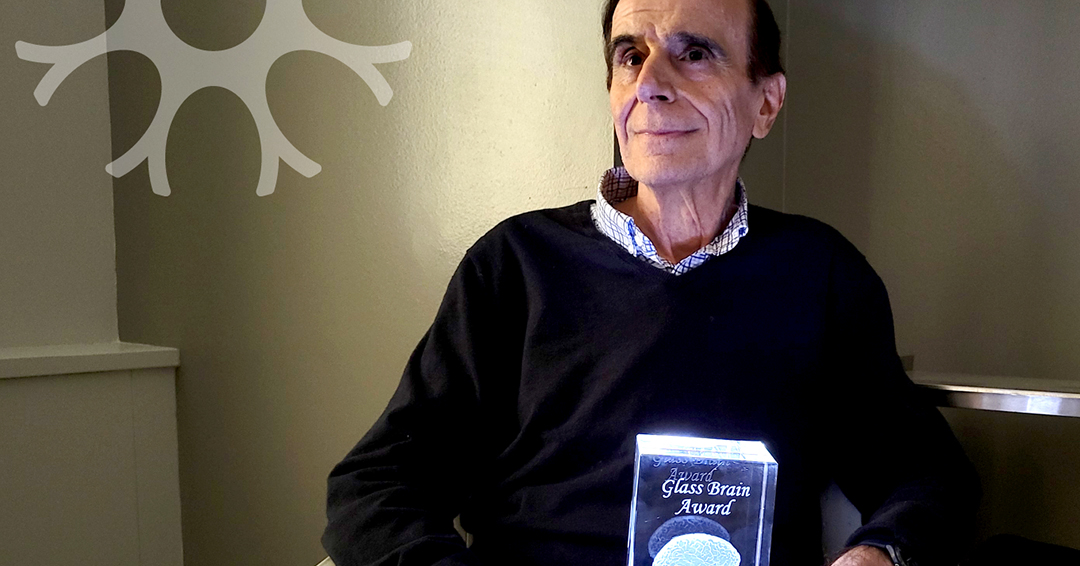
Recognition is for influential findings regarding the organization and function of the human brain
The Glass Brain recognizes lifetime achievement by leading researchers who use or facilitate neuroimaging to discover original and influential findings regarding the organization and function of the human brain.
Prof. Petrides examines the function of the different areas of the frontal cortex and their interaction with parietal and temporal areas in cognitive activity, particularly planning and working memory. He has shown that the ability to monitor self-generated, intentional actions in working memory depends on a specific part of the dorsolateral frontal cortex, which interacts with the parietal cortex during the mental manipulation of information. He also examines the cytoarchitecture and connectivity of the different cortical areas. Prof. Petrides also studies single cells in this region of the brain to determine the specific neural activity that underlies working memory monitoring.
“It was a tremendous honour to receive the Glass Award from the Organization for Human Brain Mapping,” he says about his recognition. “It is of course an honour that I share with the many students, post-doctoral research fellows, and research associates that I have had the privilege to work with over the years exploring the role of the brain in cognitive processes.”
The Glass Brain Award joins other prestigious recognitions of Prof. Petrides’ career, including the James S. McDonnell Foundation’s 21st Century Scientist Award and the D. O. Hebb Distinguished Scientific Contributions Award (2022) from the American Psychological Association. He is an elected Fellow of the Royal Society, United Kingdom, the Royal Society of Canada and a Member of the American Academy of Arts and Sciences.

